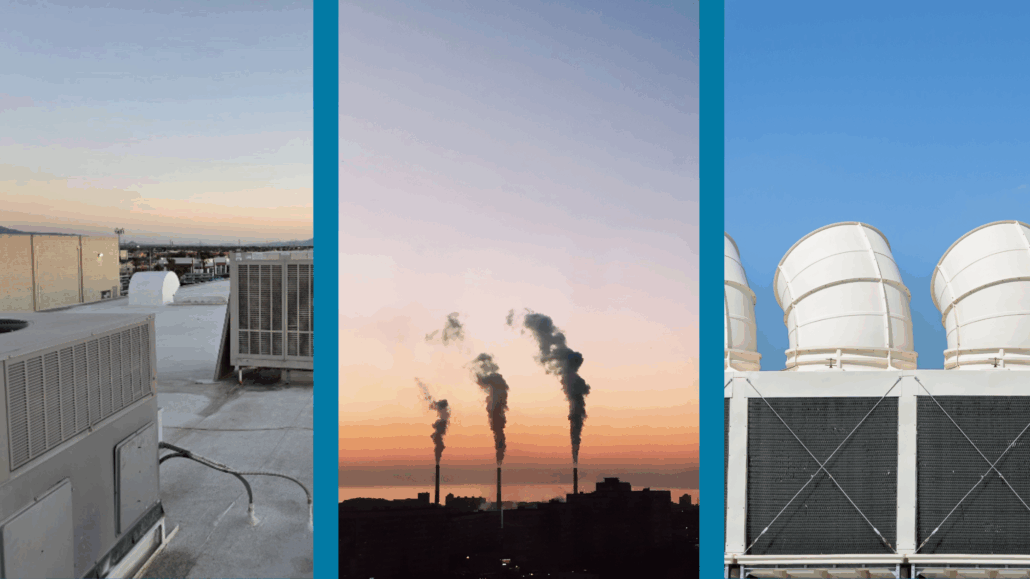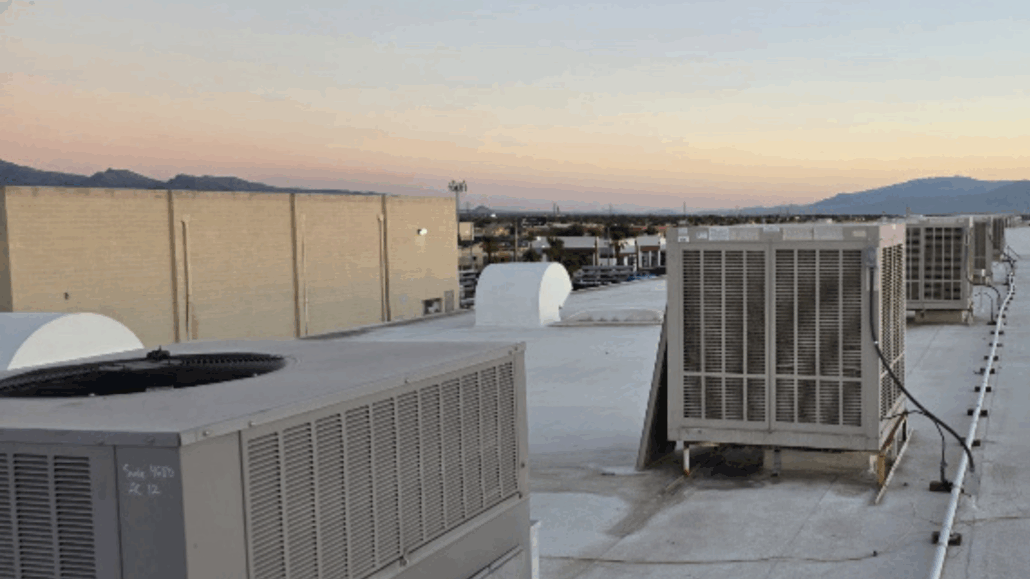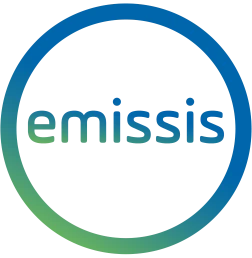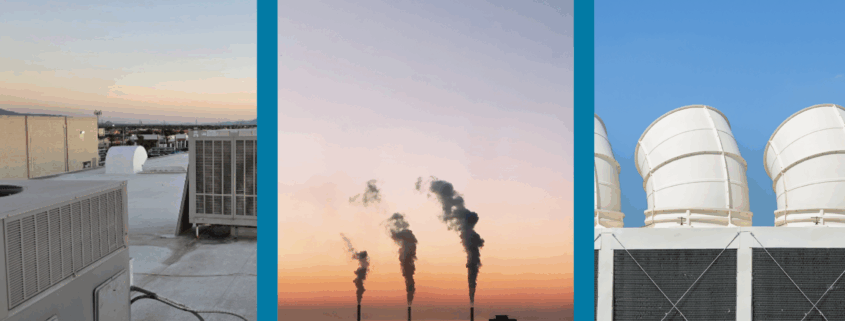Preparing for 2025 Refrigerant Regulation Changes: Quick Wins for Businesses
The shifting regulatory landscape: what’s changing and why it matters
Refrigerants are essential for cooling systems, from supermarket freezers to warehouse chillers and HVAC units in food processing plants. But when they leak into the atmosphere, their environmental impact is severe. Many common refrigerants are thousands of times more potent than CO₂ in terms of their global warming potential (GWP). That means even a small leak can contribute disproportionately to climate change.
This is particularly critical in the food industry, where temperature control is non-negotiable. A typical retail refrigeration system can hold multiple kilograms of high-GWP gas, and the cumulative effect across the sector is substantial. According to the Environmental Investigation Agency, supermarket refrigeration systems are among the highest contributors to refrigerant emissions globally.
As a result, governments are tightening controls. The latest EU’s F-Gas Regulation update (EU 2024/573) strengthens bans, reduces quotas, and pushes for faster phase-out of high-GWP hydrofluorocarbons (HFCs). In the UK, from 1 January 2025, new single-split air conditioning or heat pump systems using refrigerants with GWP over 750 will be banned with more changes on the horizon.

From an industry perspective, some facts to keep in mind:
· Some commonly used refrigerants, such as R-410A, have GWPs over 2,000—well above the new limits.
· Many existing systems use recycled or reclaimed refrigerant charges; as high-GWP refrigerants become scarcer, their availability and cost will become more volatile. · According to the British Retail Consortium, many retail properties run older HVAC systems (often over 10–15 years old) that may already be non-compliant or difficult to service under the new regime.
The new regulations are about more than compliance. They reflect a global effort to reduce emissions in sectors where progress can be swift and measurable. For industries such as food retail and cold storage, understanding and acting on these changes isn’t optional; it’s urgent.
Read our earlier post on refrigerant leakage and its environmental impact as a reminder of why these changes matter.

Quick wins: What you can do now to ease the transition
1. Conduct a refrigerant inventory and audit
· Identify the types, quantities, GWP values, and ages of refrigerants.
· Flag systems at risk of non-compliance from 2025 onwards.
2. Improve leak detection and maintenance
· Increase leak checks and servicing frequency.
· Fit advanced leak detection where possible.
· Maintain detailed logs of maintenance and refrigerant use.
3. Retrofit with low-GWP alternatives where feasible
· Consider drop-in replacements for high-GWP gases.
· Investigate retrofit kits or conversion options with your suppliers to determine the best course of action.
4. Plan your replacements strategically
· Start with simpler systems, like single splits.
· Phase replacements over several years to spread the cost over time.
5. Train staff and update procurement standards
· Train engineers on new refrigerant classifications and safety protocols.
· Specify compliant refrigerants in all new equipment tenders.
6. Get ahead of the supply curve
· Secure compliant refrigerants and parts early to avoid shortages.
· Plan installations to lock in contractor availability.
Risks of delay: What happens if you don’t act? (H2)
· Rising costs: Scarce refrigerants will become more expensive.
· Non-compliance penalties: Risk of fines or enforced shutdowns.
· Unserviceable equipment: Repairs may become impossible.
· Disruption: Last-minute fixes can lead to downtime and overspending.
Reputation risk: Failing to prioritise sustainability can harm your ESG (Environmental, Social and Governance) standing.
Emissis can help
At Emissis, we are already helping our customers to prepare for 2025 and beyond. Here’s how:
· Refrigerant compliance audits to map current risks and build a clear action plan.
· Retrofit and system upgrades are designed to meet both compliance and energy efficiency requirements.
· Leak detection and ongoing maintenance to ensure systems stay compliant and efficient.
· Training and documentation to help your team stay ahead of regulatory change.
· Energy and cost modelling to support smarter, long-term investments.
Whether you need a fast assessment or comprehensive end-to-end project support, we are here to help you stay compliant, mitigate risk, and capitalise on the changes ahead. Contact our experts for more information.




